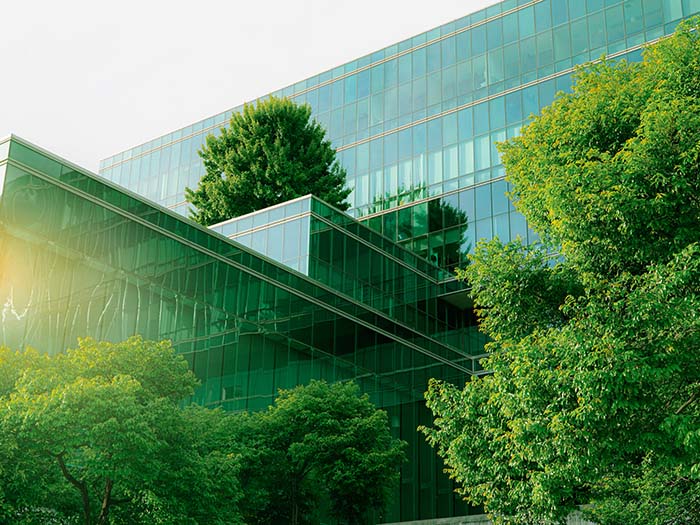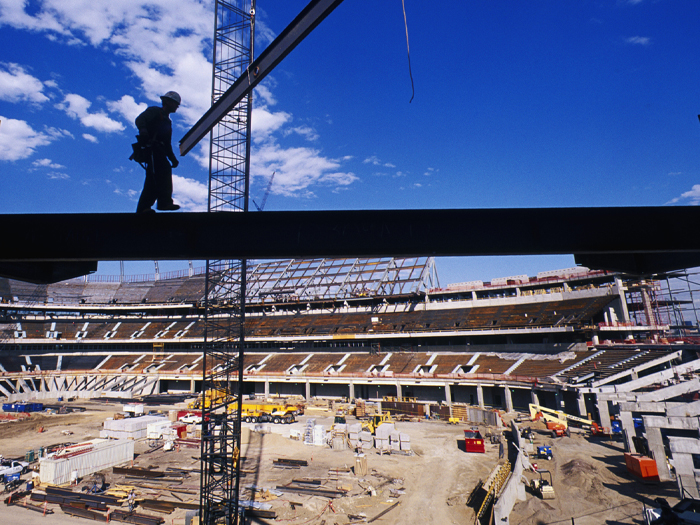Legal Roundup: Kevin Spacey Sexual Harassment Settlement, JUUL Manufacturer Agrees to Payout and More

$31 Million Settlement Reached in Kevin Spacey Sexual Harassment Case
The case: MRC, the studio that made the Netflix series House of Cards sued actor and producer Kevin Spacey in Los Angeles Superior Court for creating “a ‘toxic’ work environment on set by allegedly making crude comments and touching young staffers without their consent,” according to the BBC.
MRC said Spacey “repeatedly breached contractual obligations,” The Hollywood Reporter reports. Spacey appealed, bringing the case to a panel of arbitrators for a final, public decision.
Scorecard: The arbitrators awarded MRC almost $31 million “because of losses brought on by his firing for sexual misconduct” as reported by the AP. The Wall Street Journal notes that the breakdown of the settlement was “$29.5 million in damages and $1.4 million in attorneys’ fees and costs.”
Takeaway: “The ruling came after a legal fight of more than three years and an eight-day evidentiary hearing that was kept secret from the public, along with the rest of the dispute,” according to the AP.
Spacey has faced multiple lawsuits and claims of sexual harassment, including one by actor Anthony Rapp, who claimed Spacey made a sexual advance when Rapp was only 14 years old.
“Independent investigations found widespread sexual harassment of those who worked under him,” the AP reported.
One criminal case brought against Spacey, “an indecent assault and battery charge stemming from the alleged groping of an 18-year-old man at a Nantucket resort, was dismissed by Massachusetts prosecutors in 2019,” according to the AP.
LA Rams and NFL Settle Relocation Suit for $790 Million
The case: When the Rams moved from St. Louis to Los Angeles, a multi-year legal battle ensued. The initial civil suit, brought by the city of St. Louis, its county, and the St. Louis Regional Convention and Sports Complex Authority, “said Rams executives, NFL officials and other teams’ owners had encouraged the group to try to build a new stadium to keep the franchise,” according to The New York Times.
St. Louis officials had laid out $17 million to build a new stadium.
Scorecard: To settle the case, “The NFL has agreed to pay the city and county of St. Louis $790 million,” the New York Times reports.
Takeaway: The settlement “comes on top of the $550 million relocation fee that [Rams owner Stanley] Kroenke paid to the NFL for the right to move to Los Angeles,” per the New York Times.
This is the second NFL franchise St. Louis has lost. In 1987, the St. Louis Cardinals moved to Arizona.
JUUL Manufacturer Agrees to $145 Million Payout in Youth Marketing Suit
The case: In 2020, the Arizona Attorney General filed a consumer fraud lawsuit against e-cigarette maker Juul Labs, saying that it “engaged in deceptive and unfair acts and practices” according to the filing, noting youth-focused marketing that included the introduction of flavors to hook minors on nicotine.
Scorecard: Juul Labs has agreed to pay $14.5 million to settle with the State of Arizona.
Takeaway: Proceeds from the settlement provide for $12.5 million to fund anti-addiction programs, and “the remaining $2 million will go to a general consumer protection fund and litigation expenses,” Reuters reports.
In a similar recent case, Juul Labs settled with the state of North Carolina for $40 million. “The company still faces more than 2,000 lawsuits, including from state and local governments, making similar claims,” according to Reuters.
Amazon Settles Pesticide Sales Lawsuit for $2.5 Million
The case: The state of Washington accused retail giant Amazon of illegally selling industrial-grade pesticides through its online marketplace, according to the Seattle Times. “Under state law, sellers must hold licenses to sell them and record information about the buyers at the time of sale.”
Scorecard: Amazon has agreed to settle the suit for $2.5 million.
Takeaway: Between 2013 and 2020, Amazon “facilitated thousands of sales involving the high-strength pesticide,” reports the Seattle Times, but the retailer “failed to inform customers that the agricultural and industrial-use pesticides were different from broadly available products.”
In 2020, Amazon halted all sales of restricted pesticides. Meanwhile, the U.S. Environmental Protection Agency has “repeatedly investigated” Amazon’s pesticide sales, leading to a 2018 settlement of $1.2 million.
In the future, Amazon will need to obtain proper licensing if it wishes to sell the pesticides on its platform “and to make a host of reforms meant to block unlawful pesticide sales,” according to the Seattle Times. &










